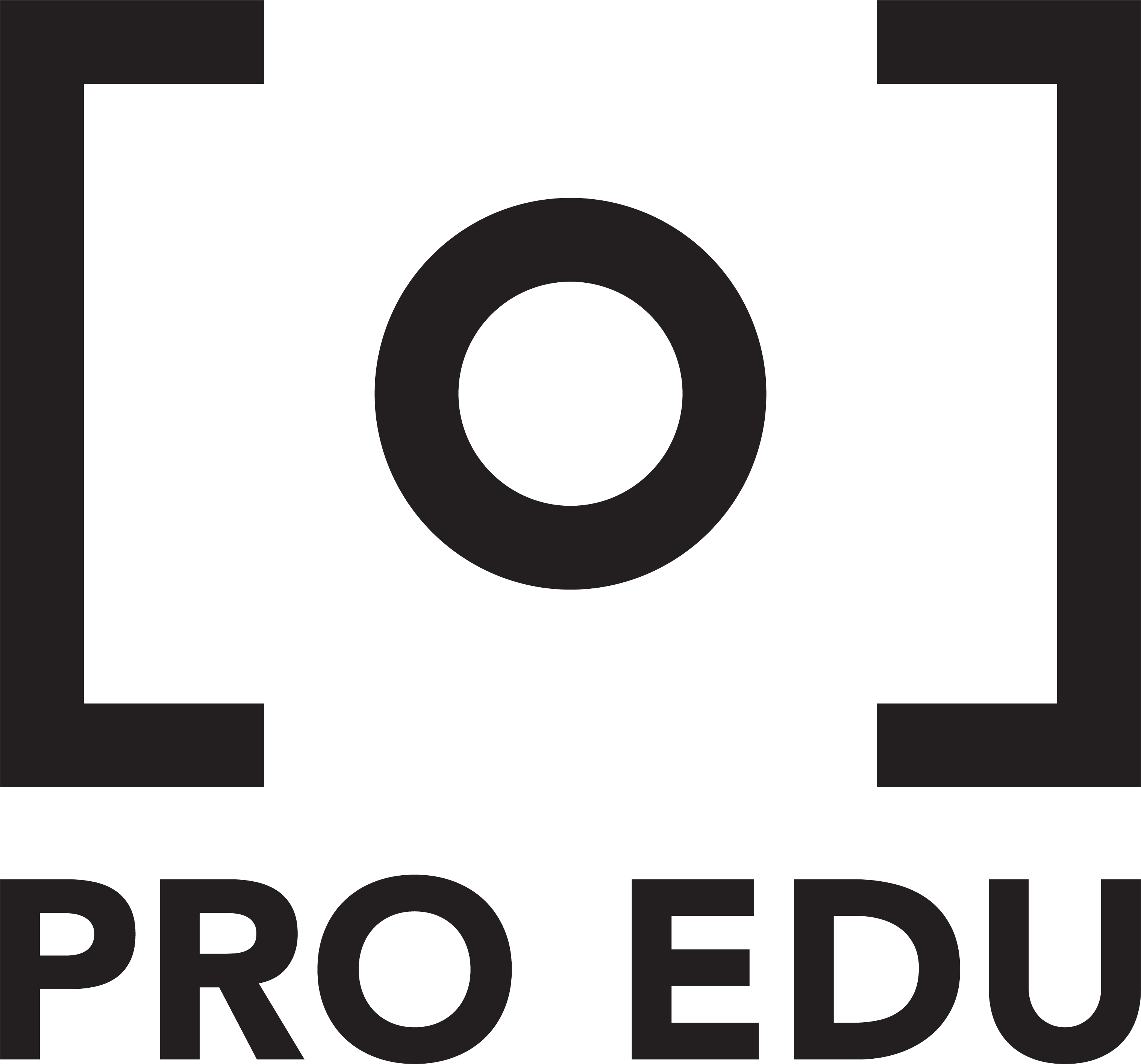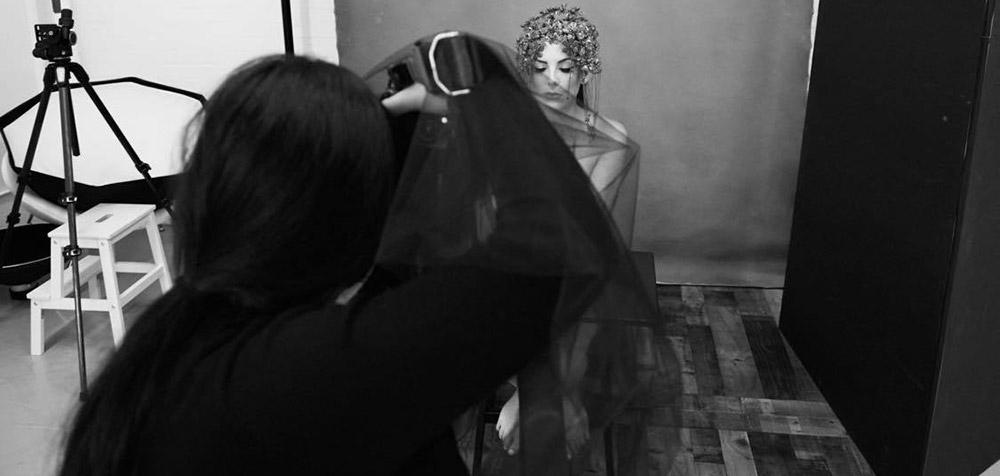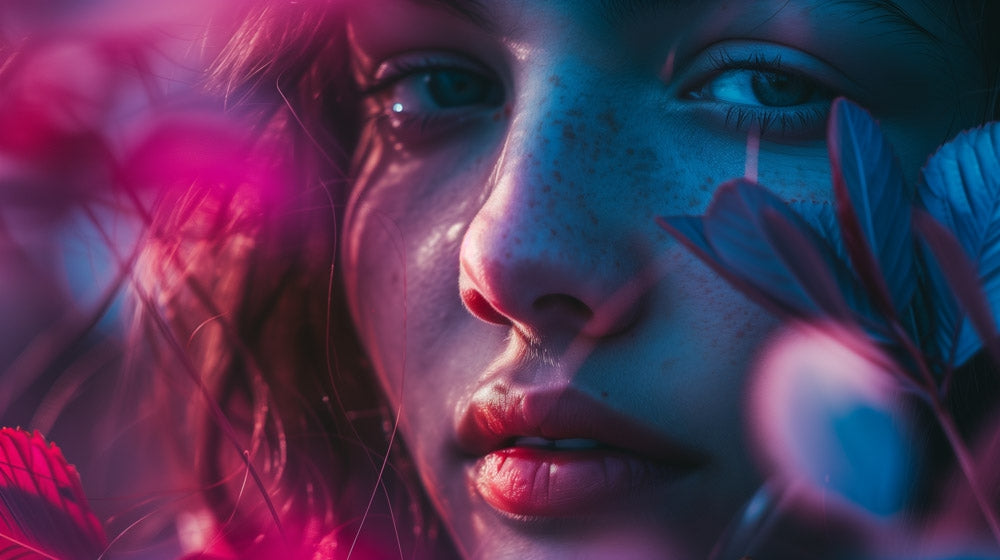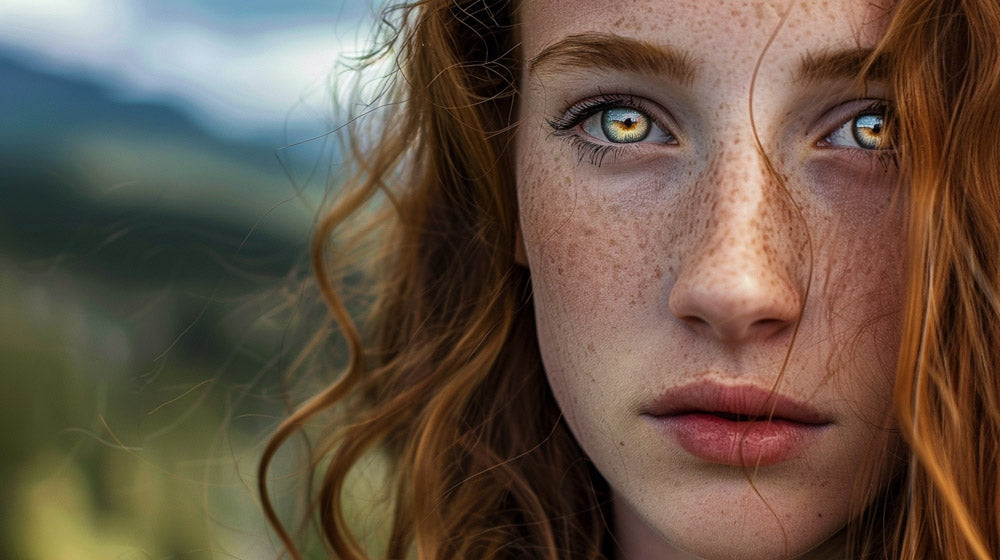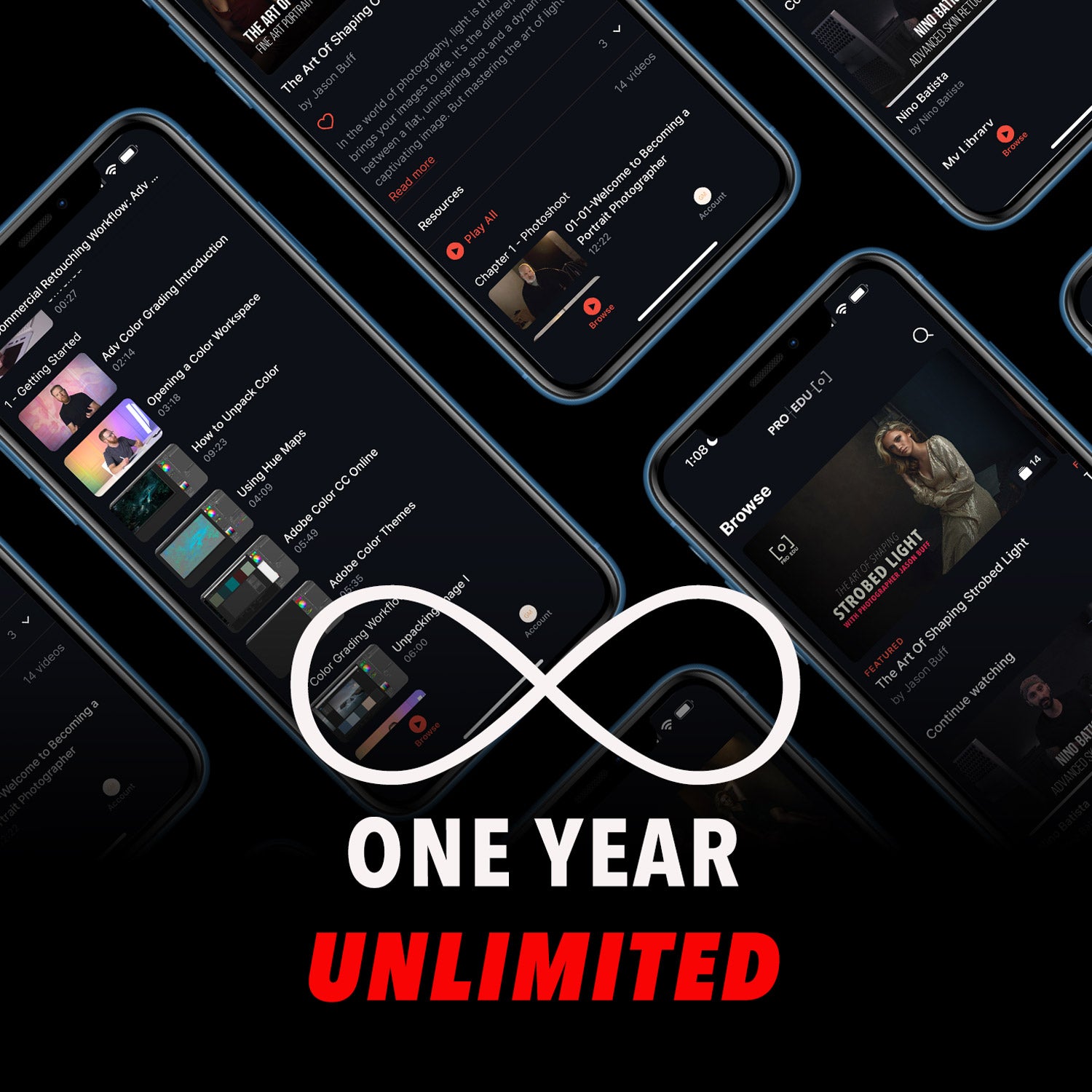Most of us have heard of the intimidating “ten-thousand hour rule,” but have you ever heard of the Stages of Competence?
The idea that it takes ten-thousand hours to master a subject can make it feel like success in photography is a long, long ways off. But the truth is that you can begin making great photographs way before you reach 10,000 hours.
The Stages of Competence isn't a learning hack, but a way to describe the journey of the learning process. It looks like this.
- Unconscious Incompetence
- Conscious Incompetence
- Conscious Competence
- Unconscious Competence
Unconscious Incompetence
Everyone starts out not knowing what they don’t know. We take photographs and we think they’re awesome because we don’t know about things like composition, color theory, or the Inverse Square law.
Our work is generally pretty bad while we are in the incompetence stage, but that’s completely normal. Don't feel bad about being here, because you will work your way up to a higher level as you gain knowledge and skill. The more you can shoot, and the more you can learn, the faster you'll move up the levels of competence.

Conscious Incompetence
In this stage, we realize how much we don’t know and how far we still have to go. We start to recognize our shortcomings and look for ways to improve. The biggest growth usually happens beginning in this stage.
We may do a lot of copying things like light set-ups and posing during this phase, but that’s okay because learning and experimenting are the most important parts of this phase. You’ll create some things you’re amazed at, but most of the time you’ll end up with mediocre results.
You may find yourself swinging back and forth between absolute elation at your growth, and total devastation when you can’t get things right. This is normal, and it will pass!
Conscious Competence
Most photographers end up in this space. Conscious competence means you get good shots most of the time, and great shots every now and then, but you’ve still got to work at it. You have to pay close attention to things like lighting and your settings, but you’ve grown a lot.
At this stage, growth comes much more slowly and you have to practice with intention. You’ll still see seasons of big growth, but they’ll show up a little less often.
The quality of your education will play a huge part in how you move on from this stage, if you do.

Unconscious Competence
This is the final stage in the Competence hierarchy. Here, you know enough that most of the decisions you make are instinctual.
You don’t have to think your way through focal lengths, light ratios, or posing. You make these choices on the fly and without much conscious effort, because you’ve learned and experienced enough to know what you like and how to get the job done.
You may use inspiration here, but copying has become a thing of the past because you’ve worked your way into your own visual style.
This is the stage of mastery.
That doesn’t mean there is no room for growth, but advancement here is hard won and comes in much smaller bursts.

How You Learn Matters
How long you spend in each stage will depend on quite a few factors, like how often you create, what kind of feedback you get, and who you learn from.
- Shoot often.
- Focus on the kind of work that inspires you.
- Get constructive feedback from people you respect and trust who have your best interests at heart.
- Learn from people you respect who are doing what you want to do.
The more focused the education and the more knowledgeable the instructor, the better equipped they are to help you navigate these phases. You’ll make fewer mistakes because you’ve got a wealth of knowledge to draw from, and you’ll move through these phases faster than you would have on your own.
That doesn’t mean you’ll never make mistakes, or that the journey will be easy. Every step you take will be hard won, but that’s what will make it worthwhile. You’ll make your own mistakes, but that will just make your work look more like you.
If you’re still in those beginning stages, don’t worry! You can and will move beyond them with hard work and focused practice. How long you stay there all depends on you.
Thank you to our PRO EDU Community members for sharing the photos in this blog!
Angi Lewis, Ayden Grace, and Chris King.

